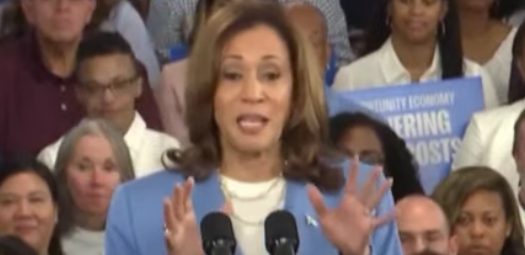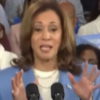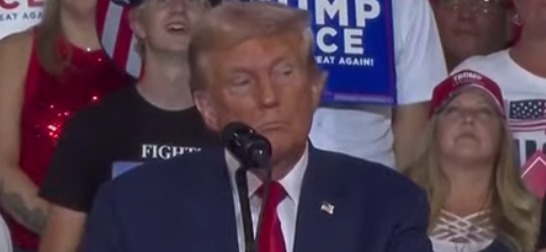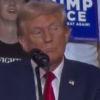Opinion | The author's opinion does not necessarily reflect Sarah Palin's view.
Alina Habba, an attorney for former President Donald Trump, has urged Judge Engoron to recuse himself from a fraud case brought by Attorney General Letitia James in New York.
This demand comes after allegations of impropriety due to the judge receiving advice from real estate attorney Adam Leitman Bailey while the case was ongoing.
Trump’s legal team asserts that such interactions are unjustified and raise concerns about the fairness of the case.
The situation is under investigation by the Office of Attorney Ethics, with implications of potential bias leading to the possibility of overturning the decision.
“I just want to be really clear for the listeners on what happened here. This attorney Mr Bailey went on TV bragging about the fact he had spoken with the judge that was sitting on our case, Judge Engoron. The judge had not issued his final decision on this case and this attorney who has sued Trump more than six times has now gone up to a judge sitting on an active case and spoken to him about the case. That is not allowed,” Habba said.
“He never notified the parties, not allowed. This goes way beyond anything else we already know and it gave us another reason to say yet again ‘you need to step down, you need to take robe, you’re code of judicial conduct, seriously,” she said.
Habba noted that it is being investigated but they “cannot wait here any longer for these judges to sit here and make the right decision.”
“If this was influenced, if we do find out about it, absolutely there are grounds to vacate the decision for a reversal.”
The judge’s meeting with Bailey before imposing a significant fine on Trump has sparked a probe into whether this influenced the ruling, despite the judge’s denial of any wrongful influence.
“Bailey claimed in a television interview that he approached Engoron to share his perspective on a key legal issue related to the trial. He insisted that his intent was to help the judge understand the greater implications of the harsh ruling against Trump, particularly for New York’s economy. However, such conversations are prohibited under New York’s judicial conduct rules unless all parties are notified and given a chance to respond,” one report noted.
“I actually had the ability to speak to him three weeks ago,” Bailey said. “I saw him in the corner [at the courthouse] and I told my client, ‘I need to go.’ And I walked over and we started talking … I wanted him to know what I think and why … I really want him to get it right.”
“He had a lot of questions, you know, about certain cases. We went over it,” he said.
“No ex parte conversation concerning this matter occurred between Justice Engoron and Mr. Bailey or any other person. The decision Justice Engoron issued on February 16 was his alone, was deeply considered, and was wholly uninfluenced by this individual,” New York State Office of Court Administration spokesperson Al Baker stated.












